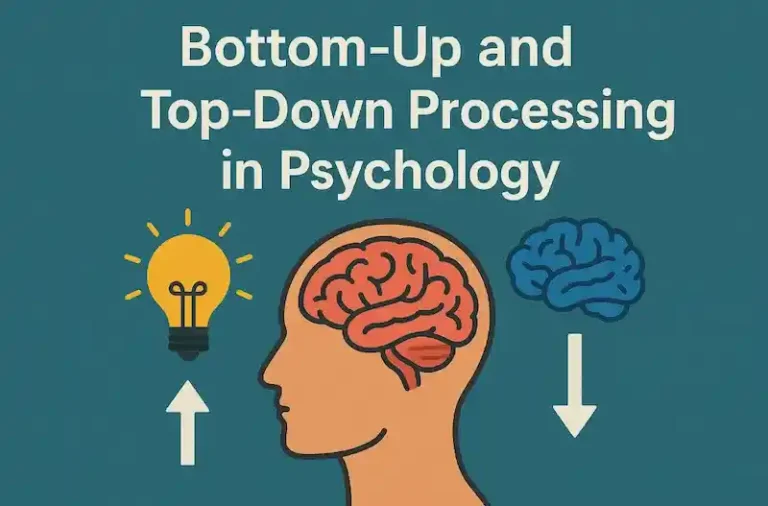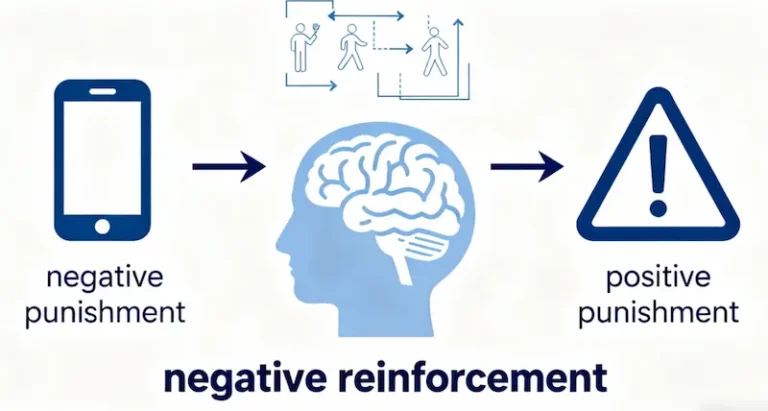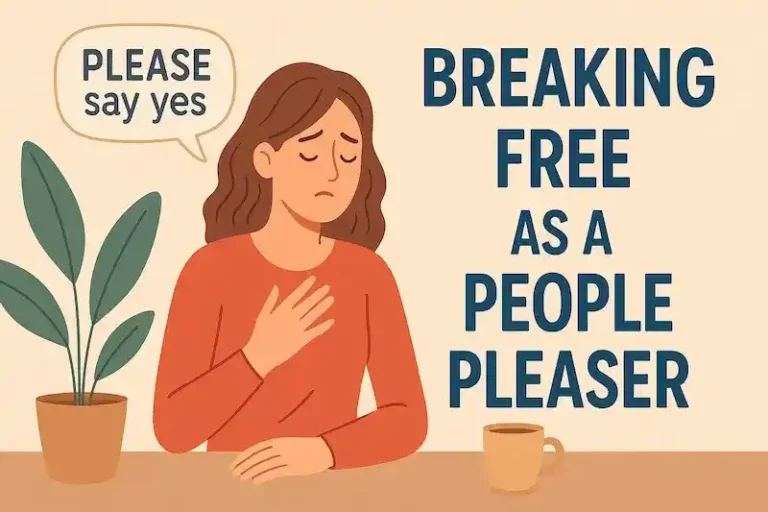Dealing with Disrespectful People: How to Respond With Dignity and Grow Stronger

Why Disrespect Isn’t “Just Bluntness”—It’s About Value
When someone dismisses your feelings, interrupts you repeatedly, or speaks to you with contempt, it’s easy to brush it off as “they’re just being blunt.” But here’s the truth: Disrespectful people aren’t just bad at social skills—they’re showing you exactly how little they value you.
Think about it: Have you ever met someone who’s “blunt” with their boss or their favorite celebrity? Unlikely. Rudeness almost always targets those a person believes they can get away with devaluing. As psychologist Dr. Harriet Lerner notes in her book The Dance of Anger, “Contempt is the clearest sign that someone doesn’t see you as an equal.”
This isn’t about being oversensitive. It’s about recognizing that mutual respect is the foundation of any healthy relationship—whether it’s with a coworker, family member, or friend. When that foundation crumbles, staying in the dynamic rarely serves you.
Historical Lessons: What Disrespect Reveals About Character
History is full of examples where disrespect exposed deep-seated contempt—and how those on the receiving end chose to respond.
During the Civil Rights Movement, activists like Martin Luther King Jr. faced relentless disrespect: insults, physical attacks, and systemic dehumanization. These weren’t random acts of rudeness; they were attempts to reinforce a hierarchy that deemed Black Americans inferior. King didn’t waste energy arguing with his tormentors. Instead, he channeled his focus into speeches, organizing, and building a movement that reshaped a nation. His response? Proving his worth through action, not arguments.
Another example: Abraham Lincoln, known for his patience, endured constant disrespect from political rivals who mocked his humble origins and called him “too soft” on slavery. Rather than lashing out, Lincoln stayed focused on his goal—preserving the Union and ending slavery. His ability to rise above contempt ultimately made him one of America’s most revered leaders.

In both cases, the disrespect wasn’t about “bluntness.” It was about devaluation. And their responses? A masterclass in preserving dignity.
3 Mistakes to Avoid When Facing Disrespect
When someone disrespects you, your first instinct might be to argue, defend yourself, or get even. But these reactions often backfire. Here’s why:
- Arguing rarely changes their mind: Disrespectful people are rarely open to feedback—they’re invested in seeing you as “less than.” Trying to “convince” them to respect you usually turns into a loop of frustration.
- Taking it personally (too much): While their behavior says something about them, internalizing it can erode your self-worth. As author Brené Brown puts it, “You can’t control how others treat you, but you can control how much their treatment affects you.”
- Staying “nice” to keep the peace: Overlooking disrespect to avoid conflict teaches people that it’s okay to devalue you. This isn’t kindness—it’s self-betrayal.
When to Walk Away: Protecting Your Peace
Not every disrespectful person deserves your time or energy. In fact, some are best handled by creating distance.
Consider this: A 2023 study published in Personality and Social Psychology Bulletin found that people who consistently tolerate disrespect report higher levels of stress, anxiety, and even physical health issues. The researchers concluded that “maintaining boundaries with contemptuous individuals is critical for mental well-being.”
So when should you hit “pause” or walk away? Look for these signs:
- The person refuses to acknowledge your feelings (e.g., “You’re overreacting” is their go-to response).
- They repeat the behavior after you’ve calmly addressed it.
- Interacting with them leaves you feeling drained, angry, or worthless.
Walking away isn’t weakness—it’s self-respect. It frees up mental space to focus on people who do value you.

The Power of Self-Improvement: Your Best “Comeback”
When faced with contempt, the most powerful response isn’t anger—it’s growth. People who underestimate you often set low expectations; exceeding those expectations is the ultimate way to rewrite their narrative.
Take Oprah Winfrey, for example. Early in her career, a TV executive told her she was “unfit for television” because of her weight and race. Instead of letting that disrespect define her, she doubled down on her work ethic, honed her interviewing skills, and built a media empire that reaches millions. Today, that executive’s opinion is a footnote in her story.
Or consider Michael Jordan, who was cut from his high school basketball team. The coach’s decision—a form of disrespect, implying Jordan wasn’t “good enough”—fueled his drive. He practiced relentlessly, became a college star, and went on to win six NBA championships. As Jordan once said, “I’ve failed over and over again in my life. And that is why I succeed.”
Self-improvement as a response to disrespect works because it shifts the focus from proving them wrong to proving yourself right. It’s not about revenge—it’s about realizing your own potential, regardless of who doubts you.
Building Relationships That Thrive: Respect, Reliability, and Kindness
While dealing with disrespect is unavoidable, the best defense is building relationships rooted in mutual value. Here’s what matters most:
- Respect as the baseline: It’s non-negotiable. In healthy relationships, people listen when you speak, consider your feelings, and treat you like an equal.
- Reliability as an upgrade: Being someone who keeps their word—showing up on time, following through on promises—builds trust. As entrepreneur Simon Sinek says, “Trust is built in the smallest moments.”
- Kindness as the peak: Kindness isn’t about being a pushover; it’s about treating others with decency while respecting yourself. It’s the glue that holds strong relationships together.
Look at the friendship between Supreme Court Justices Ruth Bader Ginsburg and Antonin Scalia. They disagreed fiercely on legal issues but respected each other’s intellect and dedication. Their bond proved that respect can coexist with difference—and that’s a model worth following.

How to Respond When Disrespect Happens (A Step-by-Step Guide)
Even with boundaries, you’ll still face disrespect. Here’s how to handle it with dignity:
- Pause before reacting: Take a breath. Anger clouds judgment, so give yourself 10 seconds to calm down.
- Name the behavior (if you choose to engage): Say something like, “When you interrupt me, it feels dismissive. I’d appreciate hearing me out.” This focuses on the action, not the person.
- Watch their response: If they apologize and adjust, the relationship might be salvageable. If they double down or mock you, it’s time to step back.
- Reflect, then redirect: Ask yourself, “What does this say about them?” Then channel your energy into something that grows you—whether it’s a project, hobby, or skill.
Remember: Your worth isn’t determined by how others treat you. It’s determined by how you treat yourself.
Disrespectful people reveal more about their own insecurities than they do about you. Whether you choose to set boundaries, walk away, or channel your energy into self-improvement, the goal is always the same: protecting your dignity.
Mutual respect is the foundation of every meaningful relationship. By refusing to tolerate contempt and focusing on growing stronger, you’ll attract people who value you for who you are.
Have you ever dealt with someone who disrespected you? What strategy worked best for you? Share your story in the comments below—we’d love to hear how you maintained your dignity. And if you found this helpful, don’t forget to share it with a friend who might need it.







I in addition to my pals came following the good tips and tricks from your web site and immediately came up with an awful feeling I never expressed respect to the blog owner for those techniques. The boys became glad to see all of them and have in effect seriously been having fun with these things. Thank you for simply being simply kind and for utilizing such really good useful guides most people are really eager to discover. Our own honest apologies for not saying thanks to sooner.
I love the efforts you have put in this, thanks for all the great articles.
woh I am lucky to find this website through google.
I conceive this web site has very great composed written content posts.